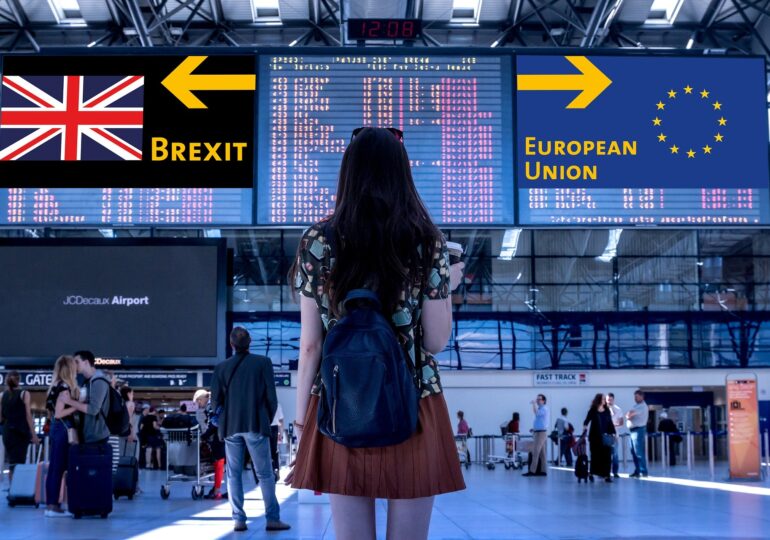The EU has confirmed that the United Kingdom will need to contribute to the community budget if it desires closer integration into the single market, particularly in the electricity sector.
The decision marks a new test for the post-Brexit relationship and comes after most member states supported the idea of a financial contribution for any additional benefits granted to London, as reported by The Guardian.
Irish Minister for Europe, Thomas Byrne, stated that EU countries see it as "politically realistic" for the United Kingdom to pay for participation in the internal electricity market.
"Ireland wants the UK to enjoy the benefits of closer collaboration with the European Union. However, there is a cost to all of this, and discussions need to be held regarding the cost for the UK," he said.
The EU's decision, made last week, requires London to contribute to the budget in order to access the European energy market, even though the UK already incurs costs related to its withdrawal from the bloc.
Meanwhile, negotiations are also stalled regarding access for British companies to the European defense program SAFE, worth 150 billion euros, for which Brussels is demanding an entry fee of up to 6 billion euros.
In a more optimistic note, Byrne expressed hope for an agreement on simplifying food and veterinary checks at the border in the second half of 2026, under the Irish presidency of the EU Council.
Negotiations will be based on the mandate approved by member states last week.
Tensions in post-Brexit negotiations
Although in May, British Prime Minister Keir Starmer and European Commission President Ursula von der Leyen agreed to explore the option of the UK participating in the internal energy market, the document did not explicitly mention the need for a financial contribution.
Subsequently, several states, including Germany and Belgium, warned that London cannot "cherry-pick" the single market benefits without adhering to common rules.
Commission officials described the UK as a "complicated and challenging partner," emphasizing that discussions require "steel nerves and unity" among member states.
Regarding the SAFE defense program, some estimates of an entry fee of up to 6.5 billion euros have been criticized in the UK. Former diplomat Peter Ricketts stated that such a sum suggests that "some member states do not want the UK to join the scheme."
In turn, MEP Sandro Gozi emphasized that resetting the relationship must yield visible results: "We need to show citizens and businesses that this renewed collaboration makes a difference."
A spokesperson for the British government reiterated that London seeks a "constructive and broad" relationship with the EU but will only accept agreements that are "advantageous for the UK." London authorities declined to comment on the progress of the negotiations.
However, Irish MEP Barry Andrews warned that progress is "very slow" and, given the geopolitical climate, the EU and the UK should "accelerate towards an agreement, especially in the defense sector."

